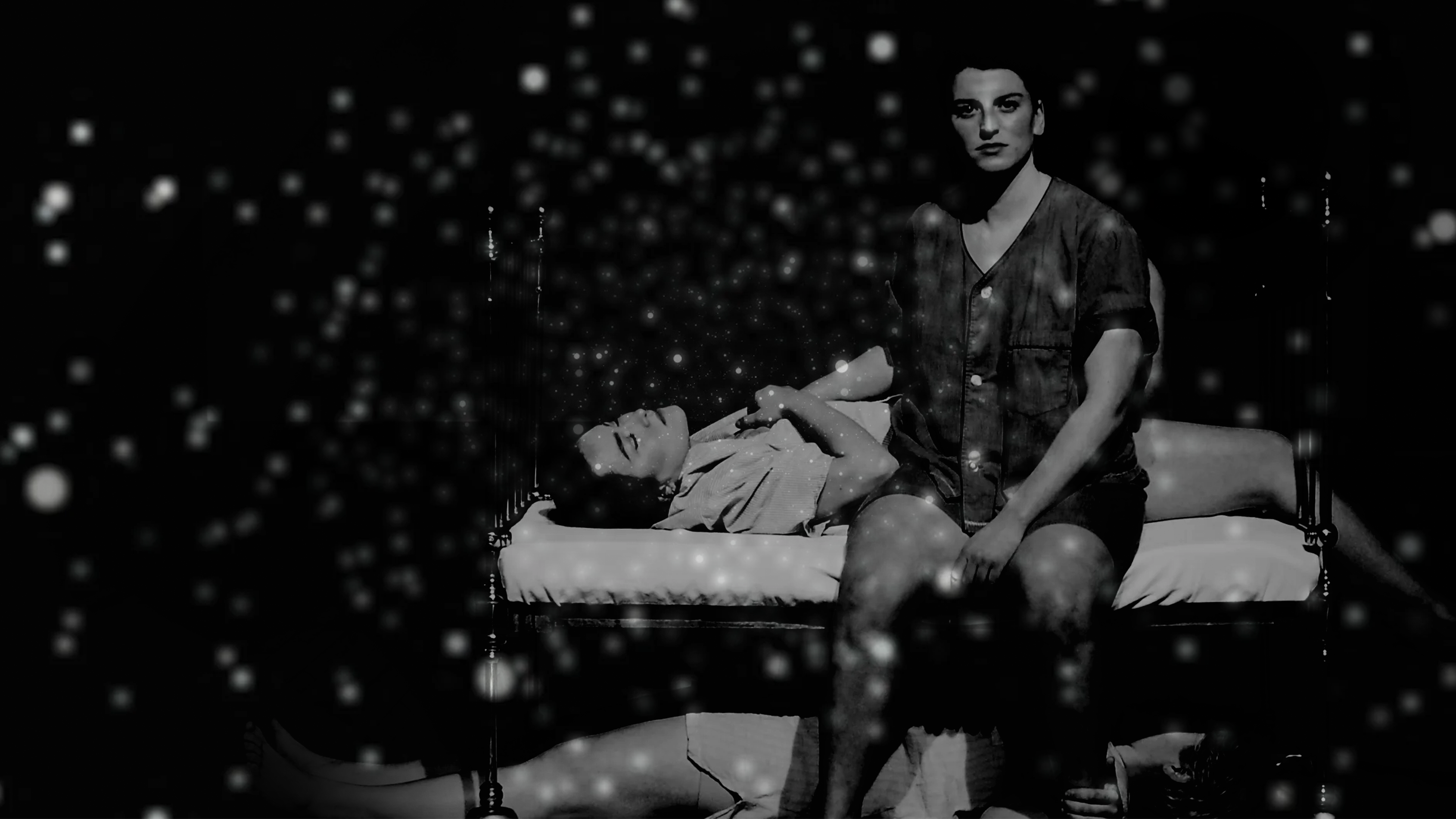Navigating insurance options can be confusing and overwhelming. That's why Camera Ambassador is here to help. We've collaborated with Katherine Wong, the founder of Athos Insurance, to create a comprehensive guide that will assist you in making informed decisions to ensure you have the coverage you need.
Film equipment rental insurance is a specialized form of insurance that protects against theft or accidental damage to film gear that has been rented from rental houses or equipment owners.
This article highlights the three most significant factors that insurance companies consider when providing film equipment rental insurance, with a focus on productions that are renting gear from equipment rental facilities.
What Do You Need to Obtain an Insurance Quote?
The first step to obtaining insurance is to request a quote from a third-party insurance broker, such as Athos Insurance. These companies often need specific information to provide an accurate policy that suits your production's needs. Doing your homework beforehand will make your quote request more accurate and efficient.
Three key factors that insurance companies assess:
- Duration of time: How long do you need coverage for?
- Unique conditions: What external factors will your production encounter?
- Coverage limits: What are the replacement costs of all the gear you’re renting?
Once you've identified the appropriate policy, complete any additional paperwork and pay for your insurance. Finally, request a Certificate of Insurance on behalf of all equipment owners you're working with, such as Camera Ambassador, listed as a Loss Payee.
Factor #1 to Consider: Duration of Time
How long do you need coverage for?
 |
Film Equipment Insurance is available in either short-term or annual insurance policies. The driving factor in determining which policy is right for you is estimating how many projects you’ll need insurance for throughout the year.
|
PRO TIP
When calculating your insurance dates for the policy, be sure not to confuse it with the production dates! The equipment must be insured from the moment it leaves the rental house until it is returned. That means the insurance policy dates must start before or on the pick-up date. The expiration date must be after the drop-off date. Additionally, all insurance policies expire at 12:01 am. So, for example, if you’re dropping off your equipment on June 1st, then the expiration date of your insurance policy should appear as June 2nd at 12:01 am, rather than June 1st. |
Short-Term Insurance
A short-term policy is for a single production with specified dates. This policy makes the most sense if you are looking for a single project to be insured.
- A short-term policy is less expensive than an annual policy as it’s only covering one project.
- A short-term policy is a great option for you if you are working directly with a client who will cover this cost as a pass-through.
Annual Insurance
An annual policy is for multiple productions over the span of an entire year. This policy makes the most sense if you know in advance that you will be renting film equipment for multiple productions in the upcoming year.
- An annual policy becomes more cost-effective and economical for those who will use the policy over and over, as the cost is distributed across multiple projects.
- An annual policy allows for a better estimation of the total cost of insurance overall and will not force you to adjust your rate or client's budget due to unforeseen expenses.
- An annual policy allows you to attract more projects as you offer more value already having coverage.
|
PRO TIP
Do you own film equipment you want to insure? Most insurance companies offer annual policies when insuring personally owned equipment.
If you're interested in learning more, Katherine at Athos is available to provide more information about owned equipment insurance policies. Contact her or her team here!
|
Factor #2 to Consider: Unique Conditions
What external factors will your production encounter?
Your insurance quote will be affected by various factors, both inside and outside your control. Insurance companies will ask about these situations, in particular, to better understand your production's risks. It’s essential to practice honesty when answering these questions, as providing inaccurate information can jeopardize the standing of your insurance policy.
Will you be leaving the country?
Depending on the insurance company, if you're exiting the United States, there can be additional insurance costs associated with travel. Fortunately, if you work with Athos, then your rented film equipment will automatically be covered when taken abroad, with a few exceptions.
Here are the exceptions under the Athos Insurance program:
-
If you travel with gear to countries with US sanctions, these territories are not automatically covered. The insurance carrier will need to approve your trip to these territories.
Please note that you will not be charged for this vetting process. However, if the territory adds extra risk exposure, there could be an additional cost.
- If you are traveling to Mexico and bringing over $25,000 worth of film equipment with you, then you will need to request extra coverage from the insurance carrier. You may also need to pay additional premium costs.
Are you filming above or underwater?
Anytime water is involved, there are additional risks to the film equipment. For example, if the production is filming on a boat or underwater, even if the camera is protected by specially-made waterproof housing, there is still a water hazard. As a result, there would be an added surcharge to the policy.
|
PRO TIP |
What alarm systems are in place for equipment storage?
Alarm systems are an important factor if you are getting annual insurance. Insurance companies want to know how your equipment is stored overnight. They also need to know if your storage locations have a central or local alarm system. The alarm system should be monitored and programmed to dispatch local law enforcement.
Central alarm is when your location is monitored and programmed to dispatch local law enforcement. Local alarm means that the alarm rings but doesn’t dispatch any law enforcement.
|
PRO TIP |
Are you aware of the dangers of leaving your equipment in an unattended vehicle?
 |
A few years ago, Katherine and her team saw insurance claims skyrocket at Athos due to the theft of film equipment from vehicles left unattended. As a result, they began asking specific questions about equipment in vehicles in an effort to minimize risk.
For both short-term and annual insurance policies, leaving unsupervised equipment in a vehicle is typically not covered. Most carriers do not cover theft from an unattended or unlocked vehicle.
|
PRO TIP |
Factor #3 To Consider: Coverage Limits
How do you calculate the replacement costs for the gear you’re renting?
Good news! The rental house will provide this calculation for you!
Given that the equipment replacement costs can vary depending on the retailer, most rental houses determine the replacement values. This number, which includes sales tax, is typically listed on the rental quote and is the amount that must be listed for the insurance policy.
Rental houses require the total replacement value coverage to be a standardized amount. Sometimes, this is a fixed amount (commonly $1,000,000.00). Other times, it may only be the total replacement value of the gear that you are renting. Be sure to ask about the rental house's policy beforehand to have the correct amount included in your policy.
It is always a good idea to confirm the total replacement value in writing with all parties involved and ensure it matches the amount in the rental agreement or quote. If you still have any additional questions or confusion about the amount to report to the insurance company, ask the rental house to avoid underestimating costs or being underinsured.
|
PRO TIP |
Is the replacement value including ALL the gear that you’re renting?
You might be renting equipment from multiple rental houses. Remember that although rental houses verify your total replacement value coverage for the gear you're renting from their rental house, they would have no way of knowing about any other rented equipment.
As a result, the replacement value listed on your insurance must cover ALL of your rental equipment, not just rental equipment from one rental house. It is your responsibility to ensure that you have enough coverage.
To avoid being underinsured, do your due diligence in double-checking the total replacement value of all the rented equipment you're responsible for.
|
PRO TIP |
Continuing Rental Fees
When an item is stolen or damaged, the rental house cannot rent out that equipment while it is being replaced or repaired. The loss of rental income to the rental house is called continuing rental fees. It is also known as “loss of use” and “lost rental days.”
Most rental houses, including Camera Ambassador, mandate that the renter is responsible for paying the continuing rental fees. So, it is highly recommended that you add this coverage to your policy. This responsibility is usually included in the rental contract terms and conditions and is legally binding.
|
PRO TIP |
BONUS: Understanding Premiums, Deductibles, and Filing a Claim
Deductibles
The deductible is the amount that the policy-holder is personally responsible for paying when filing an insurance claim.
For example, say that you filed an insurance claim for $10,000 worth of loss and damages (L&D), and your deductible was $1,000. Then, you would owe $1,000 to the rental house, and the insurance company would pay the remaining $9,000.
Now, suppose your claim isn’t over the deductible amount. In that case, you would pay the total cost of L&D to the rental house. Using the previous example, if you instead owed $900 total for L&D, then the insurance company wouldn’t pay anything since the amount you owed is less than the $1,000 deductible.
Some rental houses require you to put down a portion of the deductible as a deposit, just in case there is L&D. The rental house would then use the deposit and apply that towards the deductible. Please note that although Camera Ambassador does not currently engage in this practice, clients are still legally responsible for any costs due to L&D.
|
PRO TIP |
Premiums
The premium is the price that the policy-holder pays to buy an insurance policy.
Another benefit of an annual insurance policy is that you can opt for a premium installment plan, which allows you to pay the premium over multiple installments in a given timeframe. With short-term insurance policies, the premium is usually required to be paid upfront and is non-refundable upon purchase.
Premiums and deductibles have an inverse relationship with one another. If you select a higher deductible, then you’re taking on more risk. As a result, your premium will be lowered for every tier that your deductible is raised.
In other words, the higher the deductible, the lower the premium, and vice versa.
|
PRO TIP |
Filing Claims
Some people are nervous about filing a large claim, but if you are in a situation where you need to, you should! That’s what insurance is for, after all.
However, some clients will submit a claim even when they are only recuperating a small amount after paying their deductible. While a ‘small amount’ is subjective for each client, be aware that the number of claims you file can hurt you over time.
Unlike health insurance, where claims don’t count against you, equipment and production insurance and commercial business insurance can be affected by even a single claim. Insurance companies will look at your insurance history, and multiple claims could jeopardize a future insurance application. It’s important to weigh all your options and consider multiple scenarios when selecting your deductible, policy terms, and if you need to make a claim.
Interested in film equipment insurance? Check out Athos Insurance for a quote.
We look forward to helping you with your next project. To request a rental quote, contact us today!



